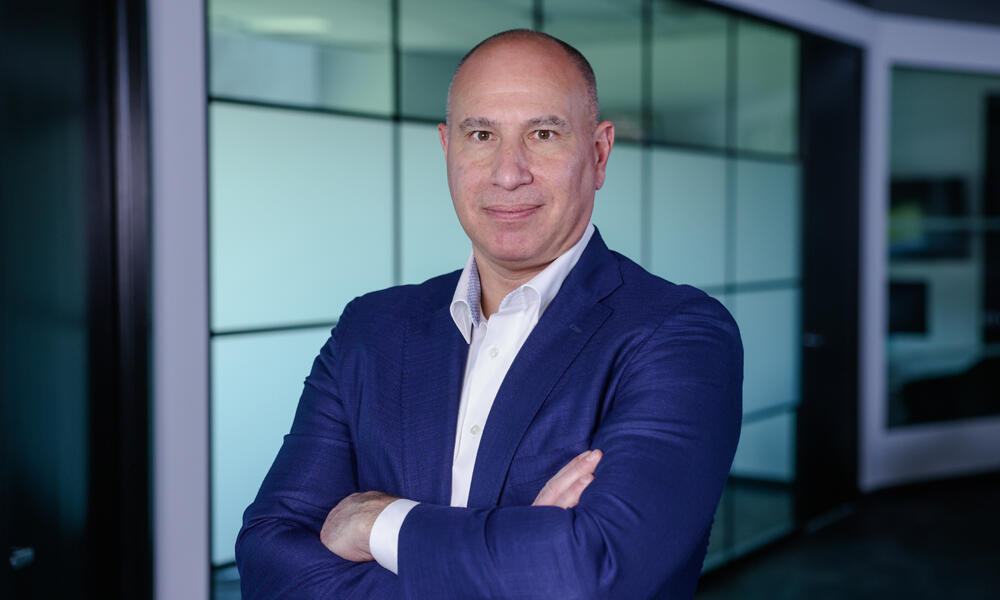Knowing your way around an unstable financial and real estate market will pave the way for future CRE successes.
Veterans in the commercial real estate industry will agree on one thing: change is inevitable. They learned from past experience not to get too comfortable with a given market environment, because, as the expression goes, life comes at you fast.
Case in point: In the recent past, commercial real estate financing was easier to obtain thanks to low interest rates and market stability. Today, however, is a different story.
A rising rate environment, coupled with a falling GDP, is making it more difficult for commercial real estate investors and developers to find what was in their reach not so long ago: cheap money.
The good news is that there is still plenty of capital available to borrowers. The difference now is that accessing it is more challenging.
Predictably, when uncertainty strikes the market, lenders often pull back from offering financing as freely. While opportunities are still available, they will be held to more stringent standards. As interest rates rise, lenders will be particular about the borrowers they work with and the requirements needed for their projects.
That means commercial real estate financing can be more complicated for borrowers who do not have the best credit, are choosing questionable properties from a financial or income standpoint, or who do not have a significant down payment. Lenders have become more discerning to ensure they are backing properties and borrowers that are lower in risk.
Creative options lead the way for raising funding.
Lenders are coming up with creative ways to keep the process moving for qualified borrowers. Low-cost bridge financing is one option, as are purchases with interest rate caps and using interest rate swaps to bring costs down.
In order to improve their chances for approval, borrowers may want to look toward raising money from investors. Then the lenders they reach out to will be funding smaller amounts and will see that the borrower has additional backing.
These options can help sponsors to keep their projects on track.
The good news is that there is still plenty of capital available to borrowers. The only difference now is that accessing it is a little more difficult. By working together and getting creative, borrowers and lenders are finding additional ways to get their deals done, even in these challenging times.
Do you need to know more about how to accomplish your commercial real estate financing goals? Reach out to ACRES and learn the benefits of The Power of Getting There.

Mark Fogel, Chief Executive Officer, President – ACRES Capital

